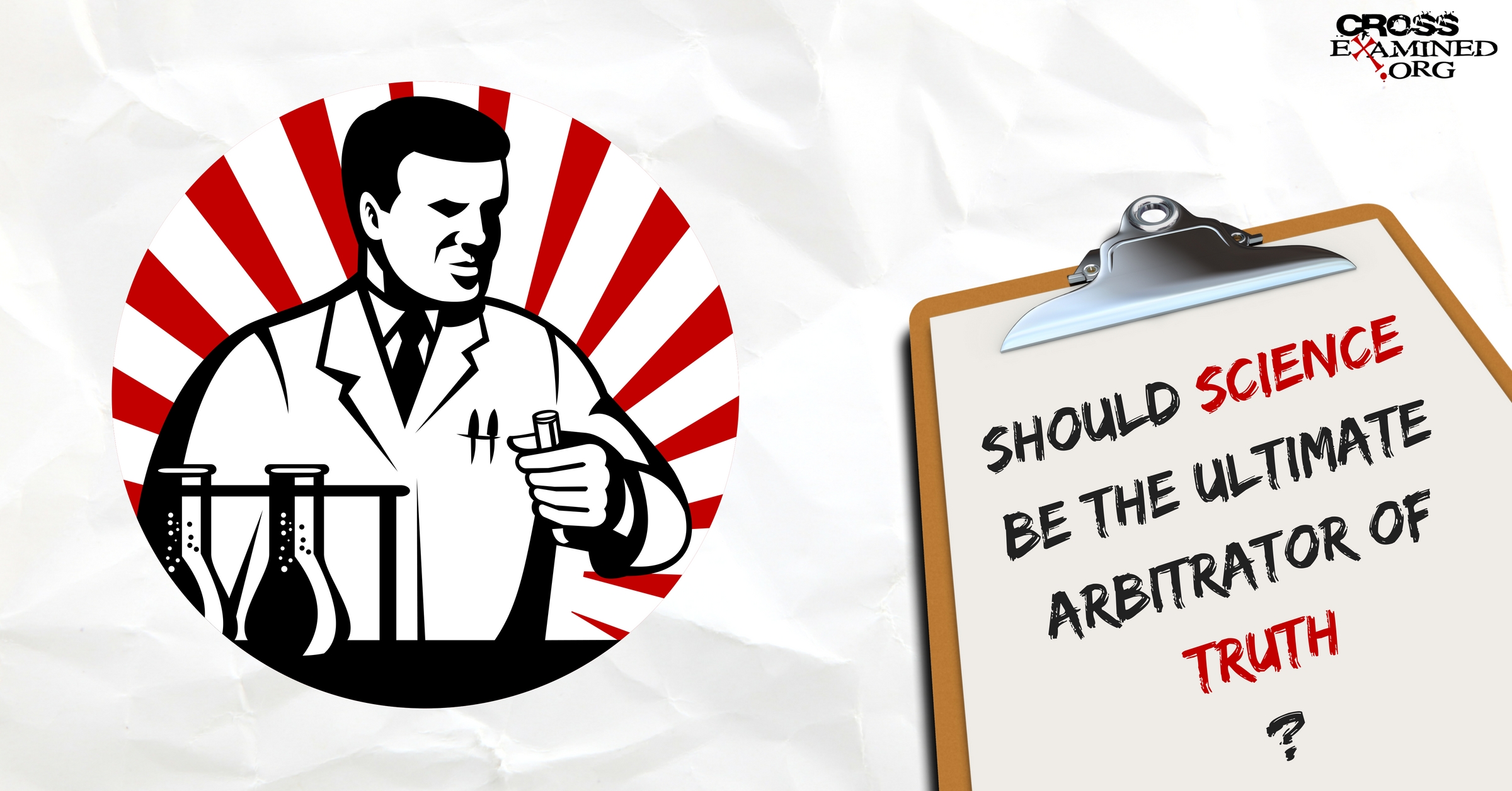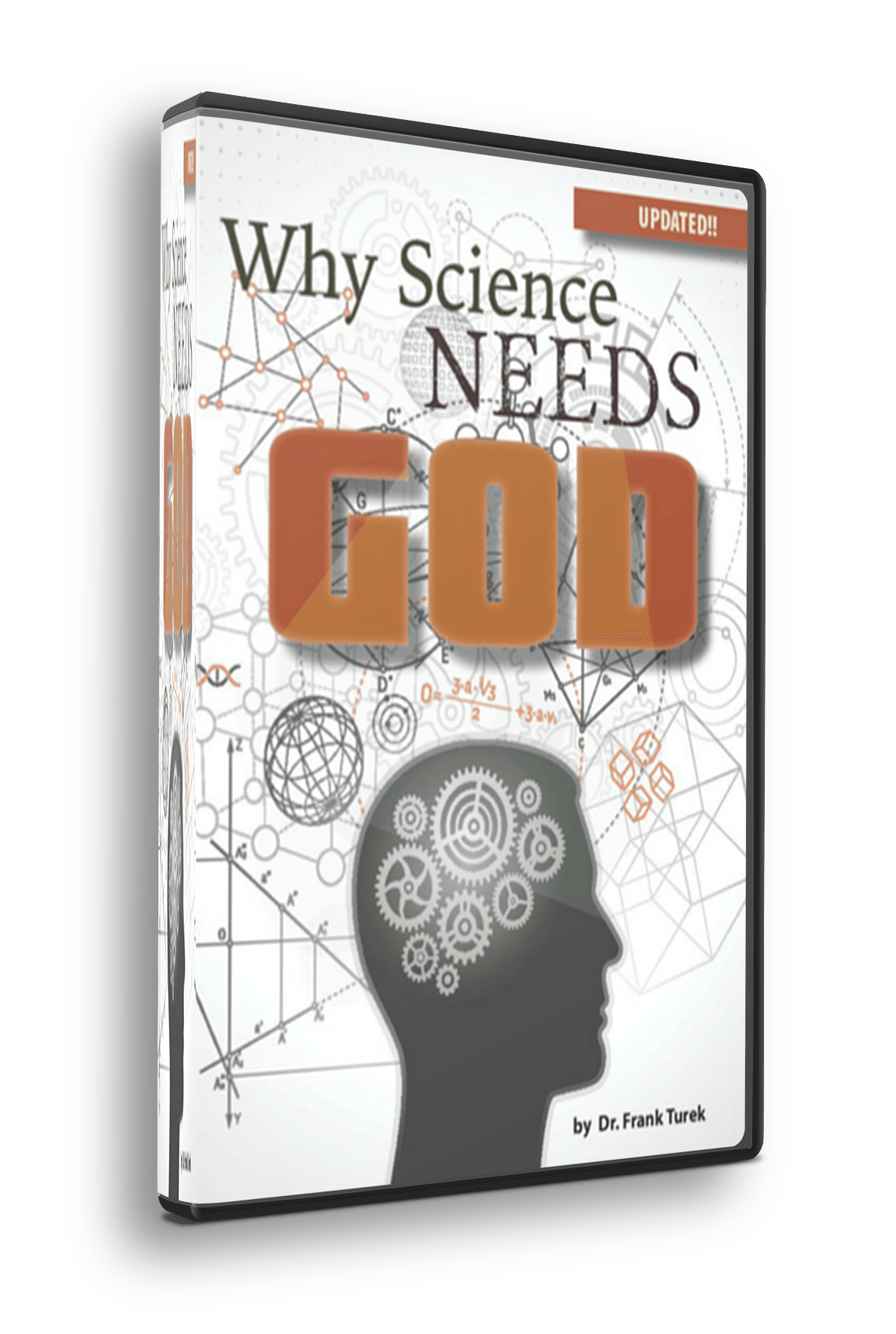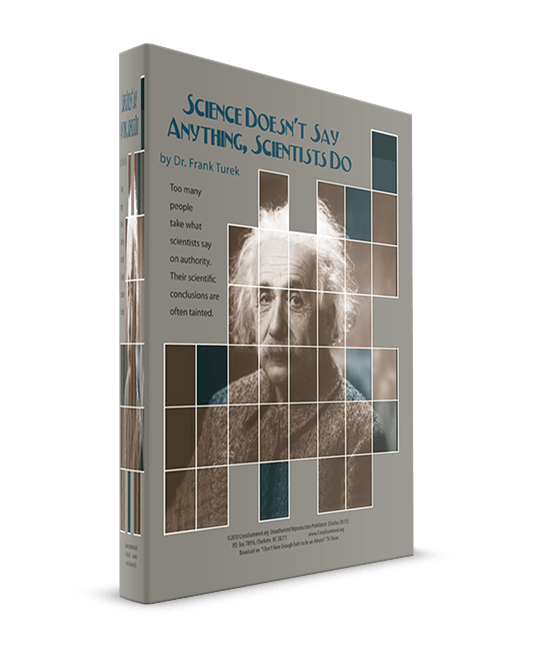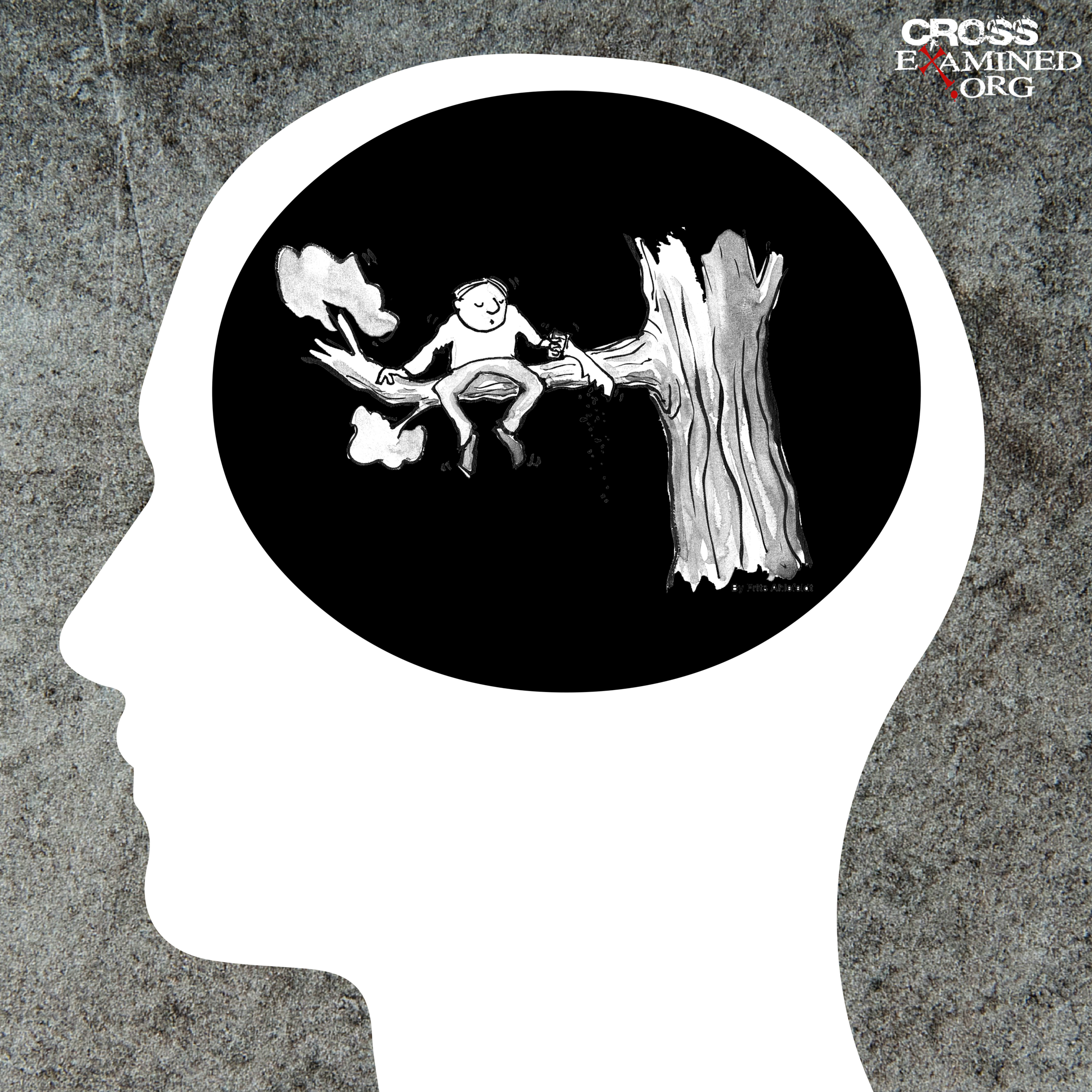By Philip Carlson
Often I am told that science should be the ultimate arbitrator of truth. While it would be nice if this were true it just does not hold up under scrutiny. Science would need to be the final authority on all matters and while that might be a nice thought, it can’t stand under its own weight.
We should believe only what can be scientifically proven. But is such a statement provable scientifically? What of these other ideas that seem inaccessible by science? Statements such as, “She is beautiful,” “That is wrong,” “Abortion is evil,” “Red is a color,” “One is an odd number” and the like.It is clear that many issues would need to be explored to further vet this idea known as scientism. One of these areas involves the many presuppositions of science itself. How can something claimed to be the sole arbitrator of truth; the only source of knowledge, depend on anything else?
It is easily seen that if P is a presupposition of Q, then P is fundamental for Q, that is, P is a necessary condition for Q. If one is to abandon P, then he must also abandon Q. What are the P of science? It seems that there must exist some presuppositions for science (if you are a scientific realist) to operate.
John Kekes states in his Nature of Philosophy,
“Science is committed to several presuppositions: that nature exists, that it has discoverable order, that it is uniform, are existential presuppositions of science; the distinctions between space and time, cause and effect, the observer and the observed, real and apparent, orderly and chaotic, are classificatory presuppositions; while intersubjective testability, quantifibility, the public availability of data, are methodological presuppositions; some aaxiological presuppositions are the honest reporting of results, the worthwhileness of getting the facts right, and scrupulousness in avoiding observational or experimental error. If any one of these presuppositions were abandoned, science, as we know it, could not be done. Yet the acceptance of the presuppositions cannot be a matter of course, for each has been challenged and alternatives are readily available.”(1)
He makes a good case here as to the failure of scientism. If there are definite things that must be in place for science to hold then those things must be yet more fundamental and foundational to what truth is. Many say that we should go to peer reviewed scientific journals to find reliable true statements about how the world is. This statement assumes the honesty of those reporting the results. This is an assumption that should not be taken for granted as the number of retractions, plagiarism and even criminal prosecutions are seemingly ever apparent for out right fraud on the authors behalf.
There are additional philosophical presuppositions that must be held for science to be done. J. P. Moreland gives a decent list of these presuppositions of science in a number of his works.(2-4) He lists (2) at least ten:
1. The existence of a theory-independent, external world
2. The orderly nature of the external world
3. the knowability of the external world
4. The existence of truth
5. The laws of logic
6. The reliability of our cognitive and sensory faculties to serve as truth-gatherers and as a source of justified beliefs in our intellectual environment
7. The adequacy of language to describe the world
8. The existence of values used in science
9. The uniformity of nature and induction
10. The existence of numbers
Each of these serves as a foundation to carrying out science as it is typically thought of. These ideas must be established and argued about before science can be wrought. (At least they must be assumed implicitly.) The consistency and coherence of these presuppositions depend on the worldview of the holder. It is very difficult for an atheist to posit a number of these things in any consistent manner, yet he is likely the one to be putting forth this view (or a version of it).
An entire book could be written about each of these ten items. There are so many positions held, and nuances of position to be explained that to do so in any exhaustive manner would use up more time than one would undoubtedly wish to devote to this topic. We will look over these presuppositions in more detail as well as associated ideas about how science relates to Christianity in general over the next few posts. Rest assured that science will continue to be carried out while we look over the finer debated details of how it is performed.
This blog post was originally published on the CAA website. Visit the CAA here.
Resources for Greater Impact:
SCIENCE DOESN’T SAY ANYTHING, SCIENTIST DO
(1) Kekes, John; “Nature of Philosophy” (Totowa, New Jersey: Rowman and Littlefield, 1980) pp.156-157
(2) Moreland, J. P.; “The Creation Hypothesis” (Downers Grove, Illinois: Intervarsity Press, 1994) p. 17
(3) Moreland, J. P.; Craig, William Lane; “Philosophical foundations for a Christian worldview” (Downers Grove, Illinois: Intervarsity Press, 2003) pp. 346-366
(4) Moreland, J. P.; “Christianity and the Nature of Science” (Grand Rapids, Michigan: Baker Book House, 1989)






